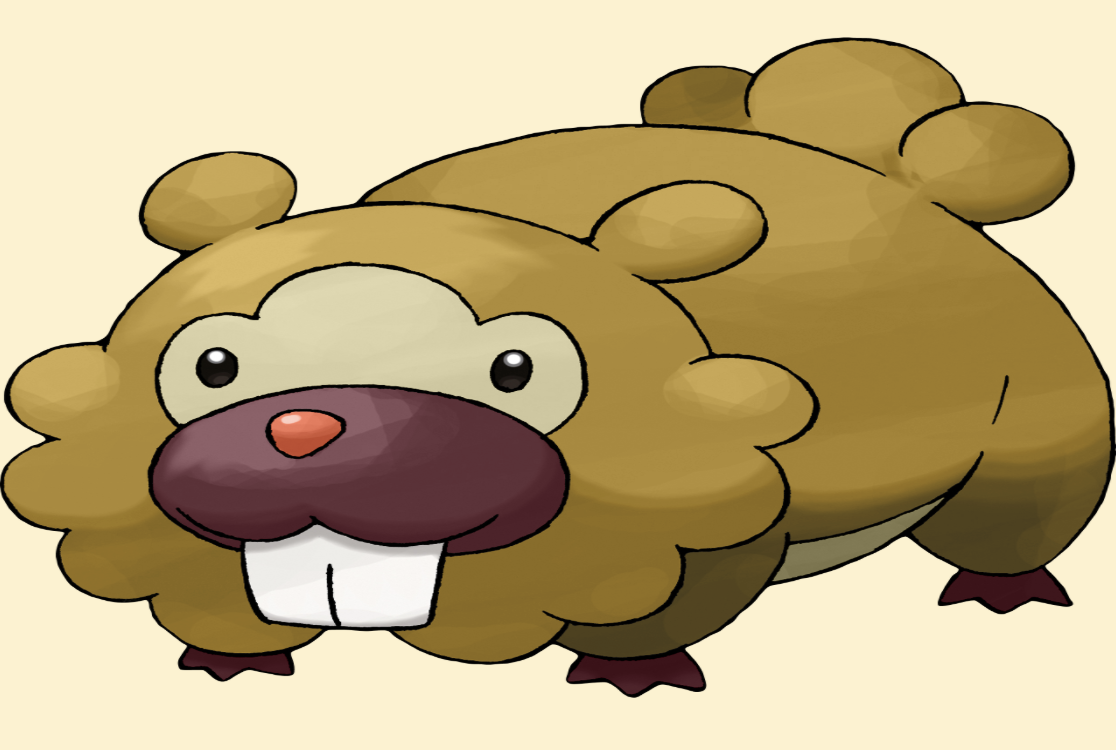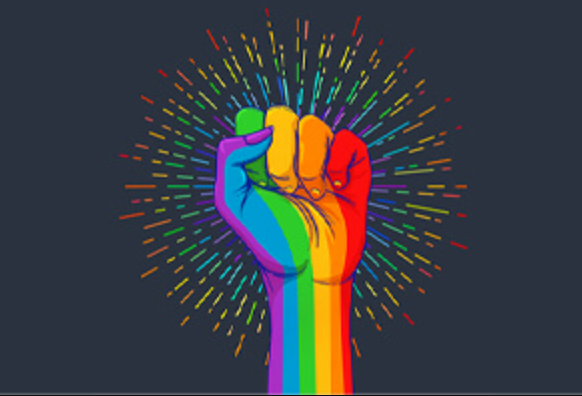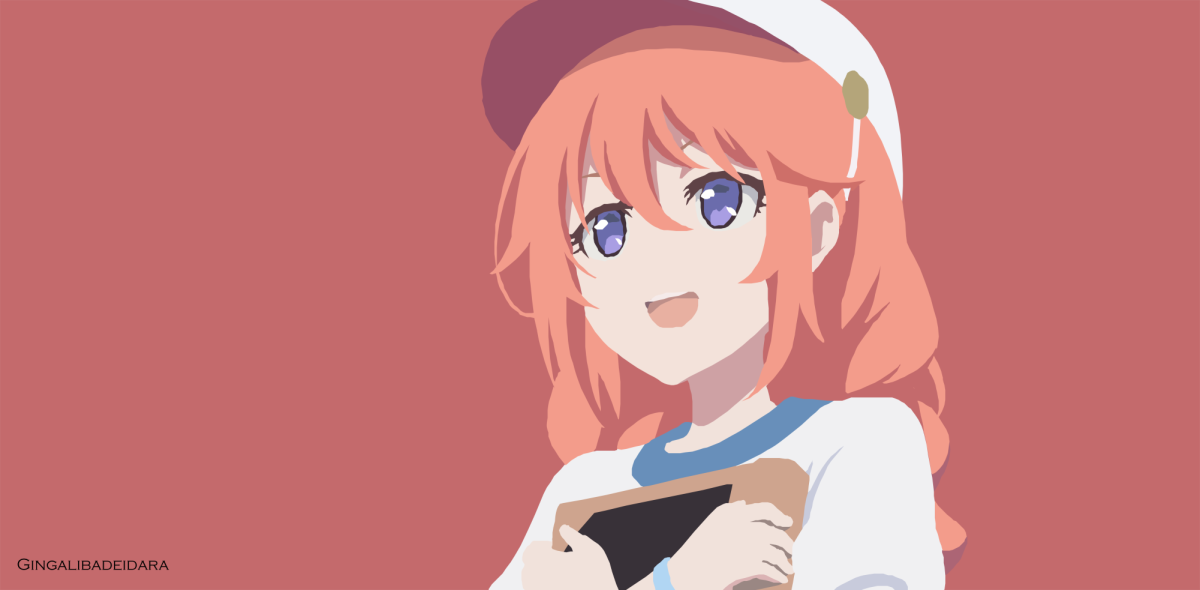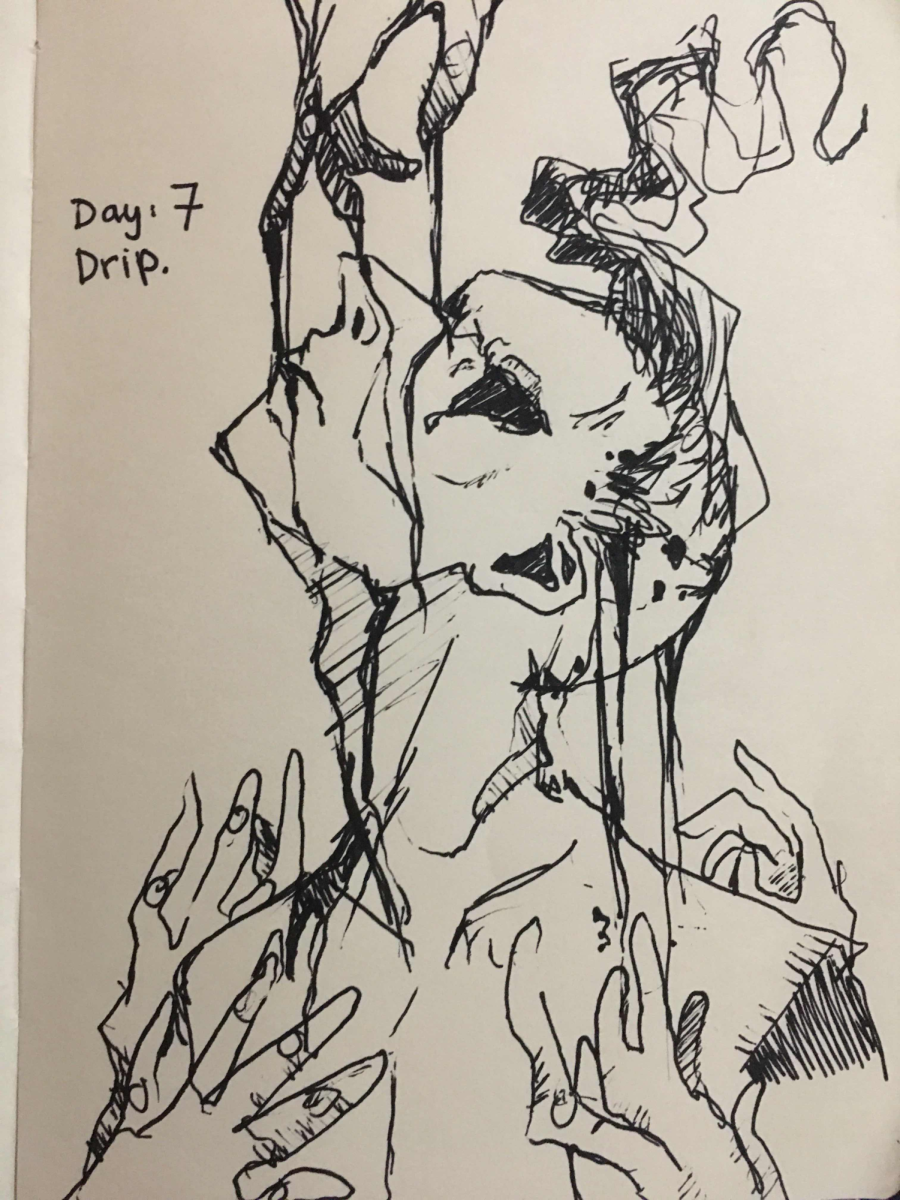Previously published Jun. 1, 2022
As a medium, manga is well known for its escapist fantasies. What if you were reincarnated into a high fantasy world where you can go on epic adventures instead of slaving away at some dead end job? What if, instead of being some loner that no one likes or talks to, half of the girls at your school are inexplicably attracted to you and constantly vie for your affection? What if a divine being took pity on you and intervened to improve your worsening mental health? What if you somehow made enough money to stop living in your parents’ house and start a family with the love of your life? To the target audience of these manga, these fantasies are all equally unachievable.
What is the American Dream? I think we all have a general idea of what it entails. It is the path that has been set forth for us by society: go to college, get a well-paying job, get married, settle down somewhere in the suburbs, have children. Something along those lines. While such a dream life was achievable for Baby Boomers and Gen Xers, it is getting increasingly difficult for young Americans nowadays to achieve these goals. Well-paying blue collar jobs have all but disappeared because of competition from overseas labor. College has become so expensive that many must spend their hard-earned money paying off student loans instead of buying houses or starting families, and the price only continues to increase. As former president Donald Trump said in 2015, “The American Dream is dead.”
In Japan, too, there is a lot of social pressure on young people to get married and start families. Single Japanese women over the age of 25 are called “Christmas Cakes,” because just like Christmas cakes, they’re seen as no good past the 25th. Also in Japan, an increasing number of young people are no longer able to meet these societal expectations. According to a 2017 report, 45.8% of men and women in Japan between the ages of 20 and 34 continued to live with their parents. According to a 2013 report, 40.6% of Japanese men in their twenties had no sexual experience at all. It is within this context that “wholesome” manga about young couples starting a family exist.
Tonikaku Kawaii (ToniKawa for short, Fly Me to the Moon for long) is a manga that presents a fantasy of settling down with the person you love while skipping all of those other steps. In it, the protagonist, Yuzaki Nasa, is originally a boy with a lot of ambition to be considered successful by society, to “become a man no one can make fun of.” As a middle schooler, he aimed to get into one of the top high schools in the nation, and you can see that after that he’ll probably want to go to college, climb the corporate ladder, and leave all of his peers behind in the dust. One snowy night, his boundless ambition is suddenly halted in its steps when he meets Tsukasa Tsukuyomi, who he develops an instant crush on. As he approaches her to say hello, he is hit by a truck, but ends up surviving as he is saved by Tsukasa. Before passing out due to his injuries, Nasa manages to ask Tsukasa out, to which she enigmatically responds, “If you marry me, I’ll go out with you.” After a long stay at the hospital, Nasa gets a top score on his high school entrance exam, but his ambition to continue his formal education has subsided, and he instead spends his days waiting to see Tsukasa again. On his eighteenth birthday, Tsukasa miraculously shows up to his apartment, marriage certificate in hand, and their life as a married couple begins.
ToniKawa is, in a sense, both a rebellion against and an affirmation of the societal expectations for young men in Japan. The manga shows an incredibly smart and capable young man rejecting higher education and white collar work for a frugal life sustained by working at delivery and service jobs. After all, why would you want to work an office job in a country infamous for black companies that force young workers to work overtime with no pay? And without needing a high school or college degree for your line of work, what would be the point of spending all of that extra time in higher education when you can be perfectly fine just learning stuff on your own? Yet at the same time, the reason why Nasa gives up on his previous ambitions in the first place is in pursuit of the ultimate goal in a heteronormative society such as Japan: to meet the girl of his dreams and marry her. Additionally, to become as economically independent as Nasa with only a middle school education is nigh-impossible. The average hourly salary for a part-time job in Japan is around 1,000 yen, yet we are supposed to believe that in the less than three years that he’s been working, Nasa has somehow accumulated over 5 million yen in savings! He also managed to get an absolute steal for the apartment he lives in, only 42 thousand yen a month for a 2 room apartment, when the average rent for a 1 room apartment in Japan is between 50 and 70 thousand yen! For all of us plebs out there that don’t have the luck and talent of a god, Nasa “simple married life” is an impossible goal.
Shin no Nakama janai to Yuusha no Party wo Oidasareta node, Henkyou de Slow Life suru Koto ni shimashita (Slow Life Frontier for short) is a manga that depicts the privilege of being able to live a “normal” life when the world around you is steadily getting worse. In this manga, everyone is blessed (or cursed) with a Divine Protection, which greatly defines not only what trajectory their life will take, but also their personalities and who they are as a person. Gideon, the main character got the Guide protection, which initially gave him the strength to protect and guide his sister, who has the Hero protection, but as she became stronger than him he was pushed out of the party by Ares, a jealous Sage, who saw him as no longer fit for his role of protecting the Hero. Gideon changes his name to Red, moves out to the frontier town of Zoltan, and tries to live a simple but peaceful life as an herbalist.
The Divine Protections of Slow Life Frontier represent not only the natural talents that people have, but also the pressure and expectation that comes with those talents. If someone is naturally good at tennis, then it would be much easier for them to become a professional tennis player than to become an artist or writer, even if that’s truly where their interests lie. As the manga continues, it shows a lot of people who have Divine Protections that cause them to live pretty miserable lives. Gideon’s sister, Ruti, has been transformed by the Hero protection into an unstoppable killing machine, impervious to any and all attacks, but also lacking almost all emotion. Ares’s jealousy, while despicable, is more understandable once you consider his Sage protection makes him desire constant praise and approval. Some of the people of peaceful Zoltan are given Divine Protections that make them inclined to bully, steal, or even kill.
Ultimately, Slow Life Frontier is a rejection of meritocracy for all of the wrong reasons. It depicts the powerful and capable as overworked and overburdened by the expectations placed on them, while the thieves, bullies, and killers of the world must work hard against their natural inclinations to become decent people. Later, in the manga, Ruti as well retires from being a Hero, and refuses to fight the Demon Lord. Sure, she is happy now, but what of the rest of the world? Will she sit back and watch as other people suffer and fight a war that she could have ended? I don’t know, I never bothered to finish reading the manga.
So. That was… a thing that I spent a lot of time thinking about and writing. I hope that this actually makes sense to someone. Byeeeeeee!
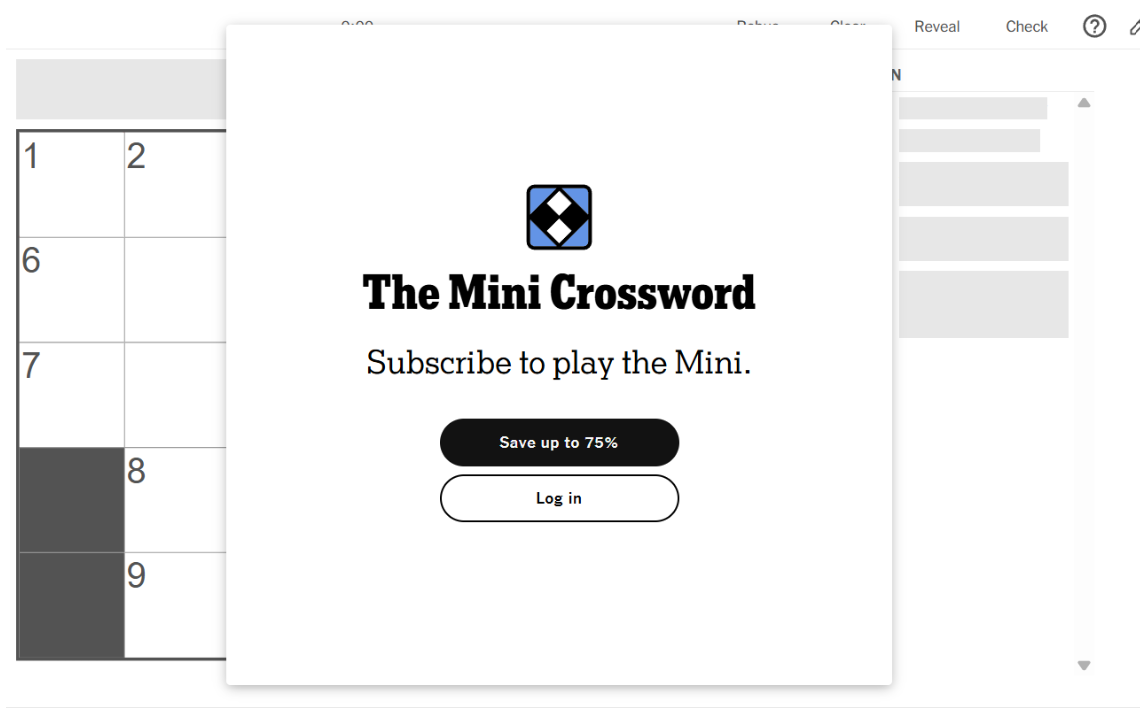







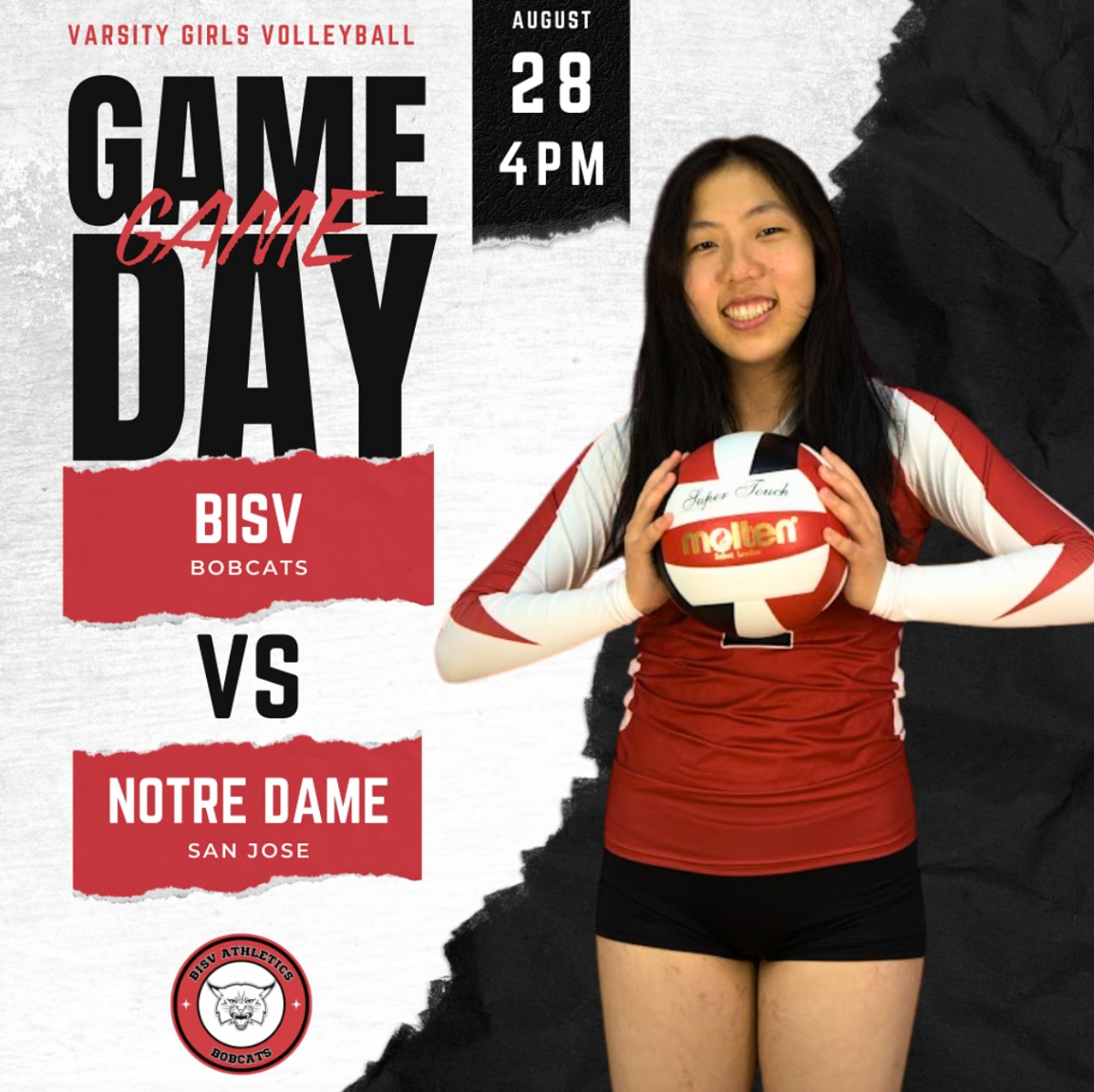
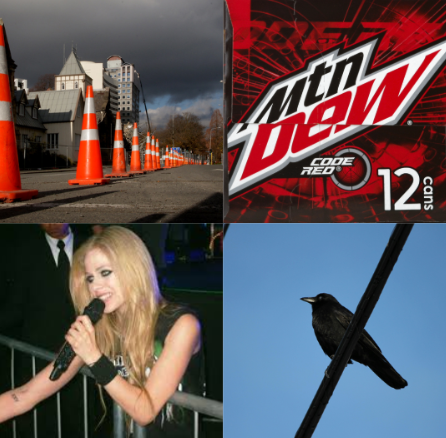
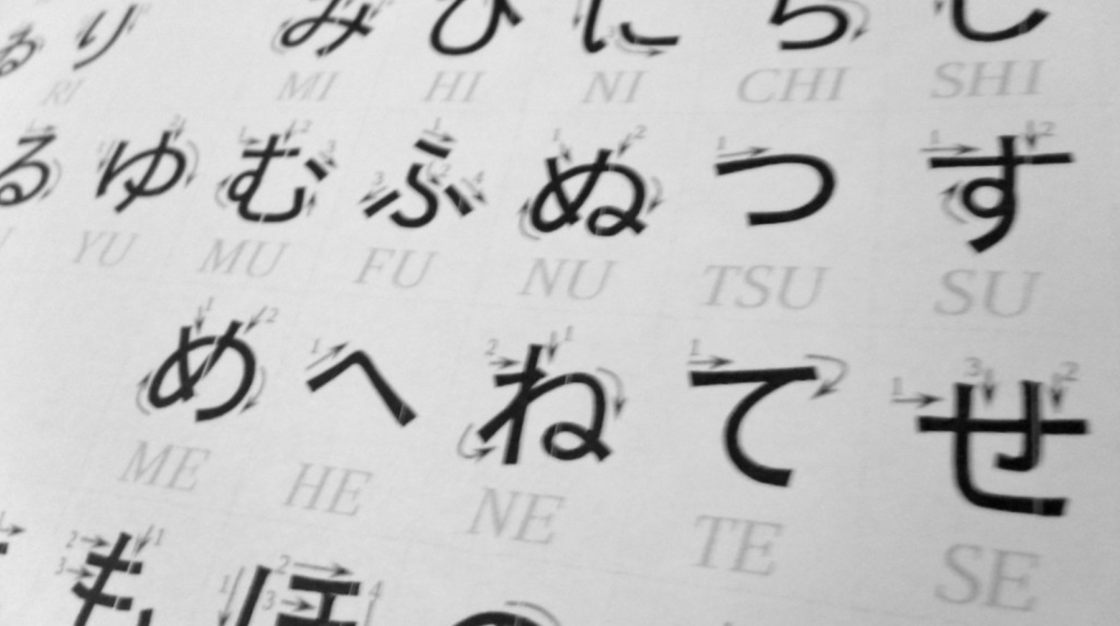






![Teacher [Milk] Tea: Part 2](https://bisvquill.com/wp-content/uploads/2024/03/Screen-Shot-2024-03-19-at-9.28.48-PM.png)












